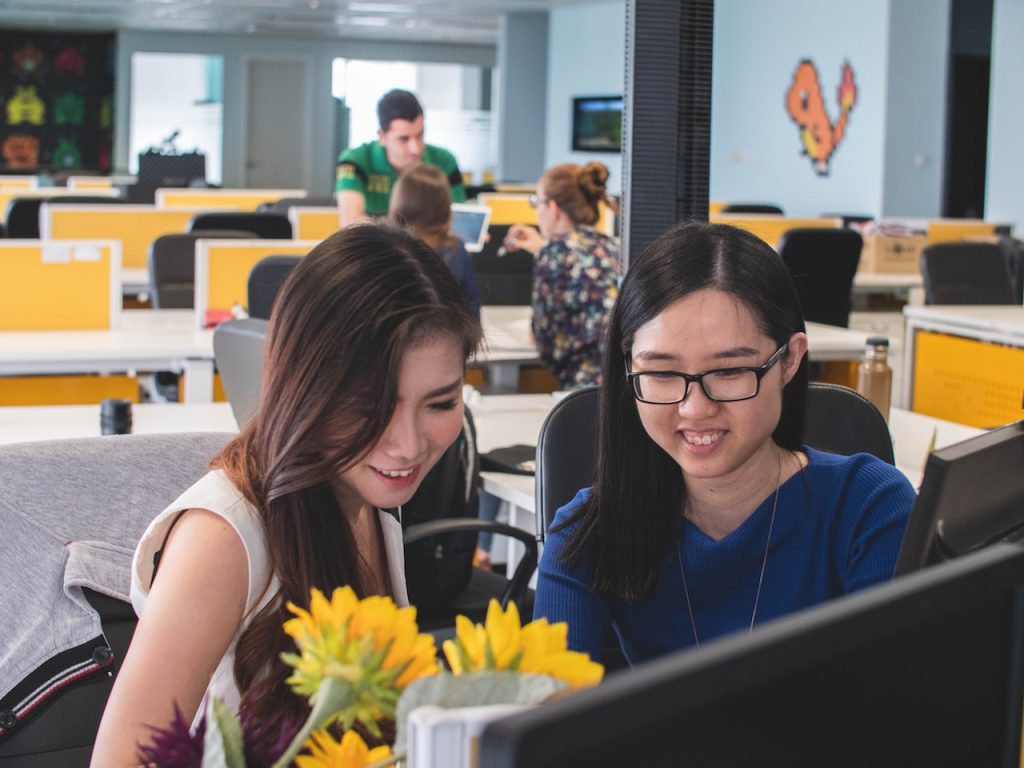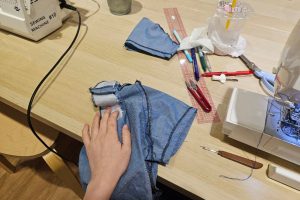While people tend to worry about never being the best, I worry that the day will come when I decide to settle for being ‘good enough’. If you’re a young adult like me, chances are this resonates with you.
I get restless very easily. My learning curve tends to plateau faster than I expect, leaving me hungry for more knowledge and skills. I even quit all my previous jobs because complacency had set in; those jobs failed to continue providing me with the challenges I needed.
So I left—simply because I was terrified I would learn to want nothing more than decently compensated mediocrity.
Last year, however, I decided to stop depending on my employers to help me grow, and to take charge of my own learning. Continual learning was my responsibility alone, I reasoned.
It was also around this time that—amidst the seismic shift in our national narratives on inequality—I realised that as a journalist, I didn’t know enough about marginalised communities and the different systems that empower or entrench them.
This scared and invigorated me at once.
On one hand, I didn’t know how I was supposed to make sense of the news for our readers if I was just as clueless. On the other, I had found a new purpose.
And so began my quest to spend $500 worth of Skillsfuture credits on addressing this gap in my knowledge.

And so I introduced stretches of reflection into my routine, all in an attempt to become more aware of the ideals (i.e. values and beliefs) that govern my thoughts and actions. I also opened myself to having these ideals shift over time.
If you’re still an undergraduate, I’ve personally found career guidance offices useful in giving you an overview of your career trajectory, and assigning you a mentor for your journey.
At work, the quickest way to understand the skills you lack is to ask your colleagues for honest feedback, especially the ones you work directly with. Alternatively, network with people outside your company to gain a different perspective on your areas for improvement. If networking events terrify you, you might be surprised at the effectiveness of cold-emailing people whose work you admire, or just dropping them a message on LinkedIn to ask them out for coffee.

After realising where you need to improve, start looking for short courses, talks, and workshops that specifically address these issues. Don’t just make time for these things, make sure you have the energy for them as well.
On my part, I eventually came to a realisation of what I did not wish to spend $500 on: anything focused on writing skills. Not because I don’t believe in improving my writing, but because it’s more important to brush up on my knowledge of the industries and issues I want to write about.
This process of elimination was both helpful and inspiring. When I encountered the dizzying plethora of courses available from places like General Assembly, NTUC Learning Hub, the British Council, Lifelong Learning Institute, SkillsFuture, and the continuous education and training centres in tertiary institutions, I just wanted to attend everything.
And I hadn’t even scratched the surface of talks and lectures available for the public about myriad subjects, from coding to project management.

The National Youth Council’s Youth Conversations 2018 on Lifelong learning, conducted with youths, garnered similar results about the soft skills they felt were necessary for work. A key insight was the need to take charge of our own learning, which is something I’ve come to prioritise as well after five years of working.
In addition, I polled more than 900 youth for my previous article on EQ in the workplace to further understand what soft skills other youth in Singapore feel are required.
Notably, more than 85% of respondents already know what to do when it comes to negotiating salary raises, managing office politics, and making small talk with their co-workers. Around 62% of respondents already know how to establish professional boundaries between work and personal time on weekends.
I also sought a few influencers to poll their followers about workplace skills via IG Stories. From this poll, one respondent mentioned that an essential workplace skill is the ability to “taiji” (the art of passing one’s responsibilities to someone else), while another mentioned “how to bootlick your boss”.
They may have been tongue-in-cheek, but I agree. I could be the best employee, but if I remain willfully oblivious of office politics, I could run the risk of inadvertently offending people who have a say in my career trajectory. Knowing how to navigate this minefield wouldn’t just save my career; it could also propel it to greater heights.

Even lesser known portals like SGS and Coursemology offer courses on developing emotional intelligence.
And so, armed with only $500, I didn’t want to splurge on just any ‘soft skill’. Like most young adults these days, I already knew what I needed to be working on.
So I let my auntie resourcefulness kick in: I refined my search to focus on courses that would address my knowledge gap while honing my curiosity, open-mindedness, and the ability to listen.

I recall sitting in class as the only person who wasn’t remotely associated with the industry. It was the first time in a long while that I felt genuine discomfort at being out of my depth—and I loved every second of it.
I was stoked to rediscover my curiosity; to listen and soak up knowledge about something I knew too little about. To think that this opportunity to continue learning was only possible because I had the self-awareness to think about the skills I lacked and actually do something about it.
Frankly, there’s no reason why anyone can’t do the same.
After more than a decade of having most of our education mapped out for us, being able to choose anything we want to learn can be liberating. While local portals like SkillsFuture offer courses for adults aged 25 and above, there are also online options that anyone can access, such as Coursera for short courses and the DuoLingo app to learn a new language.
All we need to do is begin sieving through the array of choices to learn about what we lack and how we want to improve.
Otherwise, you may end up doing what I would have done if I’d lacked self-awareness or a desire to learn. I would have wasted $500 on a flower arrangement or baking class simply because it seemed ‘fun’, completely ignoring the fact that I actually don’t care for flowers or baking.






